Fire prevention on board, from Aer.Pro‘s great experience an invaluable how-to article
We have said it many times, a fire that takes possession of a boat is the real nightmare of all sailors and, unfortunately, every year there are many yachtsmen who have to deal with this type of accident which, however, in most cases are easily avoidable.
In such cases, the difference between life and death is sometimes a matter of detail, depending on the crew’s preparedness to deal with the specific situation and, above all, on the equipment on board. A fire, regardless of how it is triggered, the sirens on board announcing it, the spies and controls that are activated, always catches the crew by surprise, unprepared to react in the face of fire and, above all, panic.
Two preventive actions are essential: attention to potential triggers and specific training.
In this article on fire prevention on board, we will discuss some tips and checks to be made before setting sail, with a later article on training.

In a boat, fires of different classes are possible: wood, fuel, electrical systems, metals, and for each of these a specific extinguishing agent is designed.
The first thing to do is to check that you have fire extinguishers suitable for at least two or three different categories of fire.
Stickers and markings on the extinguisher provide information on the extinguishing agent it contains.
In the event of a fire on board, when the extinguishers are needed, there will be no time to lose and manoeuvres must be carried out quickly.
If the boat is not yours, memorize where the fire extinguishers are and above all, when you move around on board for the normal activities necessary for navigation, get into the habit of looking with your eyes where the fire extinguishers are located and the controls of a possible fixed fire extinguishing system, so if it is necessary, you will go by memory.
Fires on board are often due to electrical problems.
The boat’s wiring should be checked carefully and periodically.
Pay attention to corrosion and the integrity of the cables: rust and/or damage to the conductors causes an increase in electrical resistance and consequently greater strain on the generators and subsequent overheating.
If the diameter of the conductors decreases, the resistance decreases, the heat developed by the cables increases, and so do the risks of breakage, sparks and melting of plastics.
The engine’s cooling system must be efficient and should be checked before setting sail, just as the fuel must be stored correctly, in suitable containers.
The flash point of diesel fuel is over 200°C, but this fuel can ignite even at 58°C, perhaps dripping onto a muffler or a hot part of the engine.
In the case of petrol fuelling the values are lower, so watch out for leaks, engine and carburettor seals and tanks.
Have the gas line checked on board and never, under any circumstances, leave pots unattended on the cooker when cooking. If you are not cooking, physically cut off the gas supply using the gas valves.
Be very careful with 
It is very important to keep fire blankets handy, which must be present near the cooker (check before cooking) and never extinguish burning oil with water.
Boating is fun, passion, adventure, but in all this you should never get distracted and you should always pay attention to what you are doing and how you are doing it.
Do not smoke below deck, an unlit cigarette or lit candle, generally any open flame, can be lethal, boats in the water are always moving, and with them everything in them.
Statistically, these situations are not among the most dangerous, but it only takes one time, one carelessness to lose everything and risk one’s life.
When a fire breaks out on board, for whatever reason, we only have a few moments to put it out before it spreads, so each of the tips and cautions we have listed should not be underestimated.
As in many other situations in life, prevention is always better than cure.


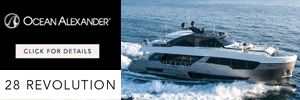




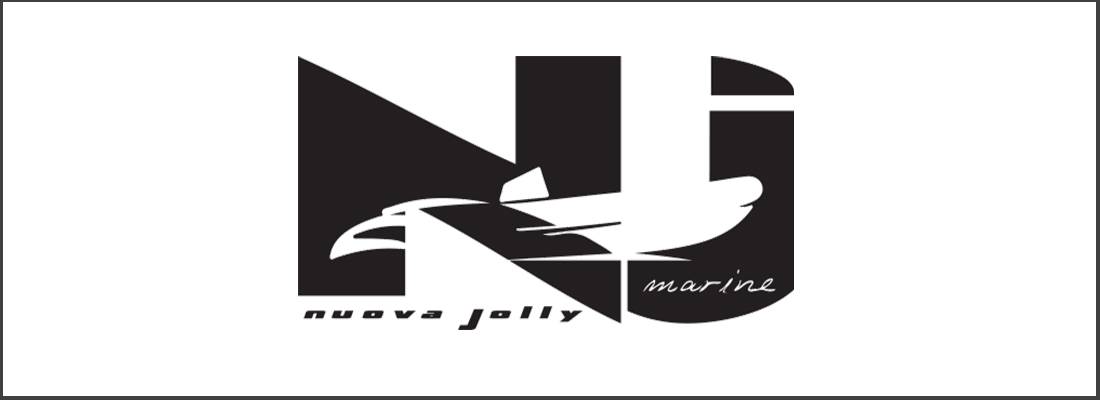
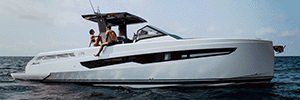




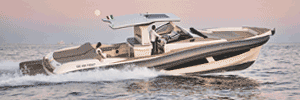





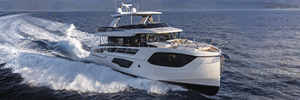
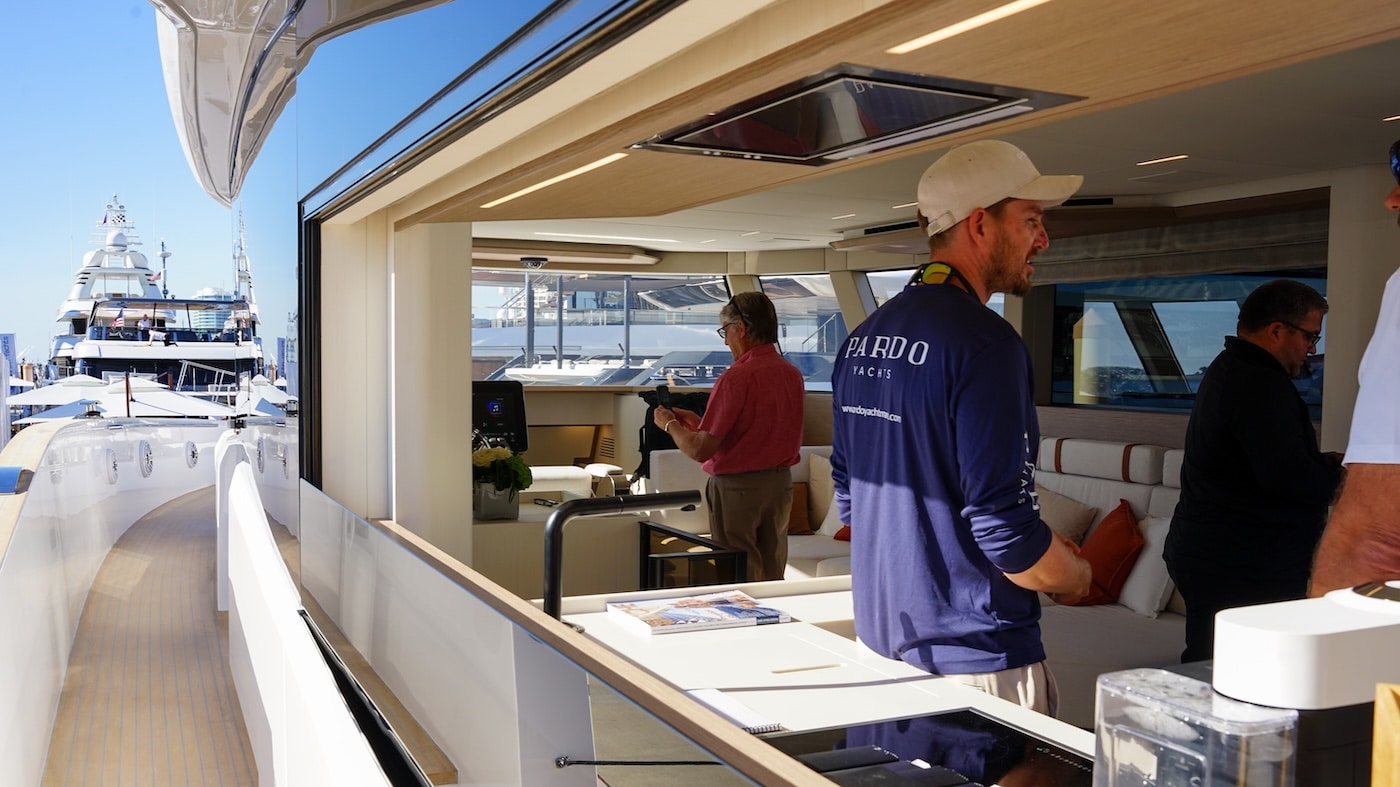
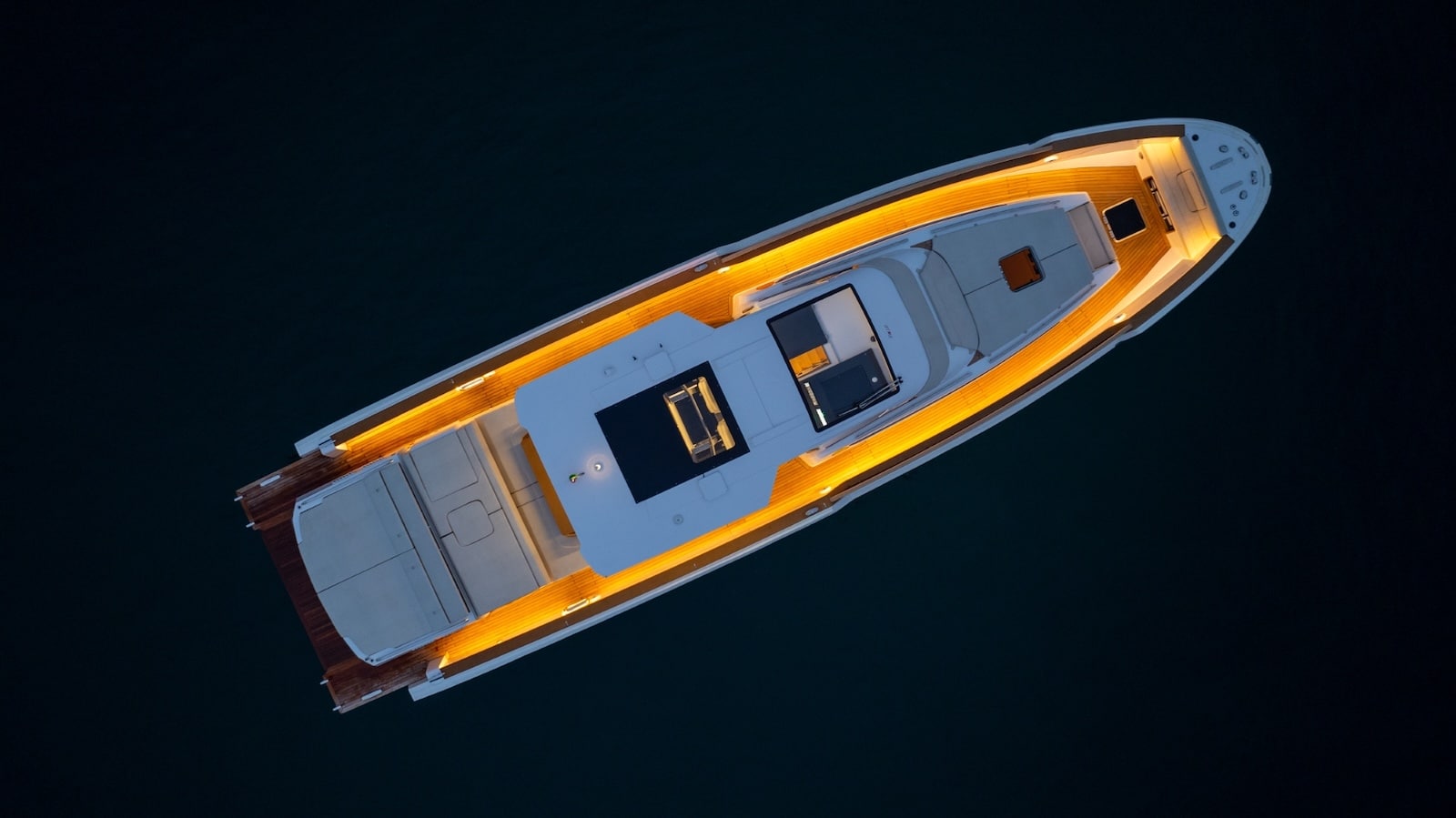
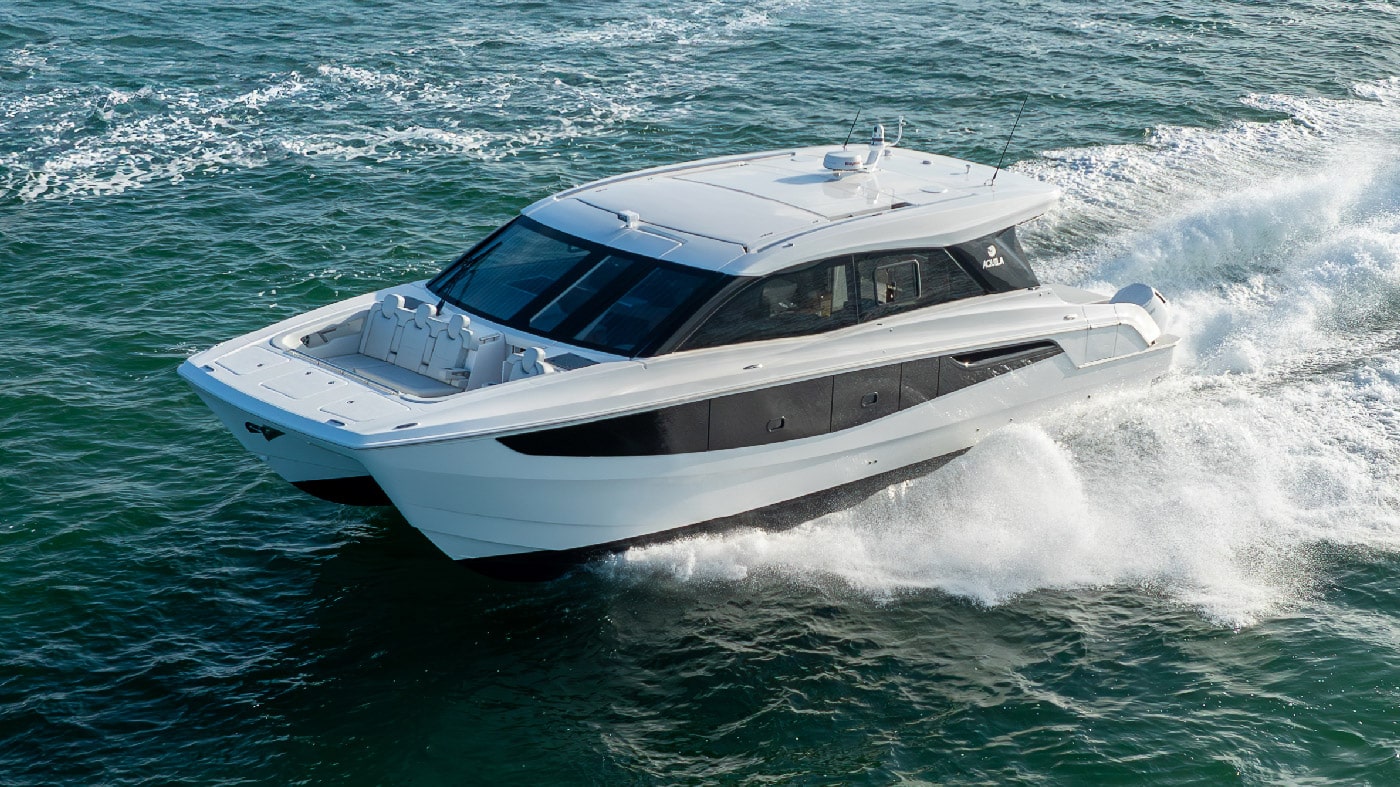
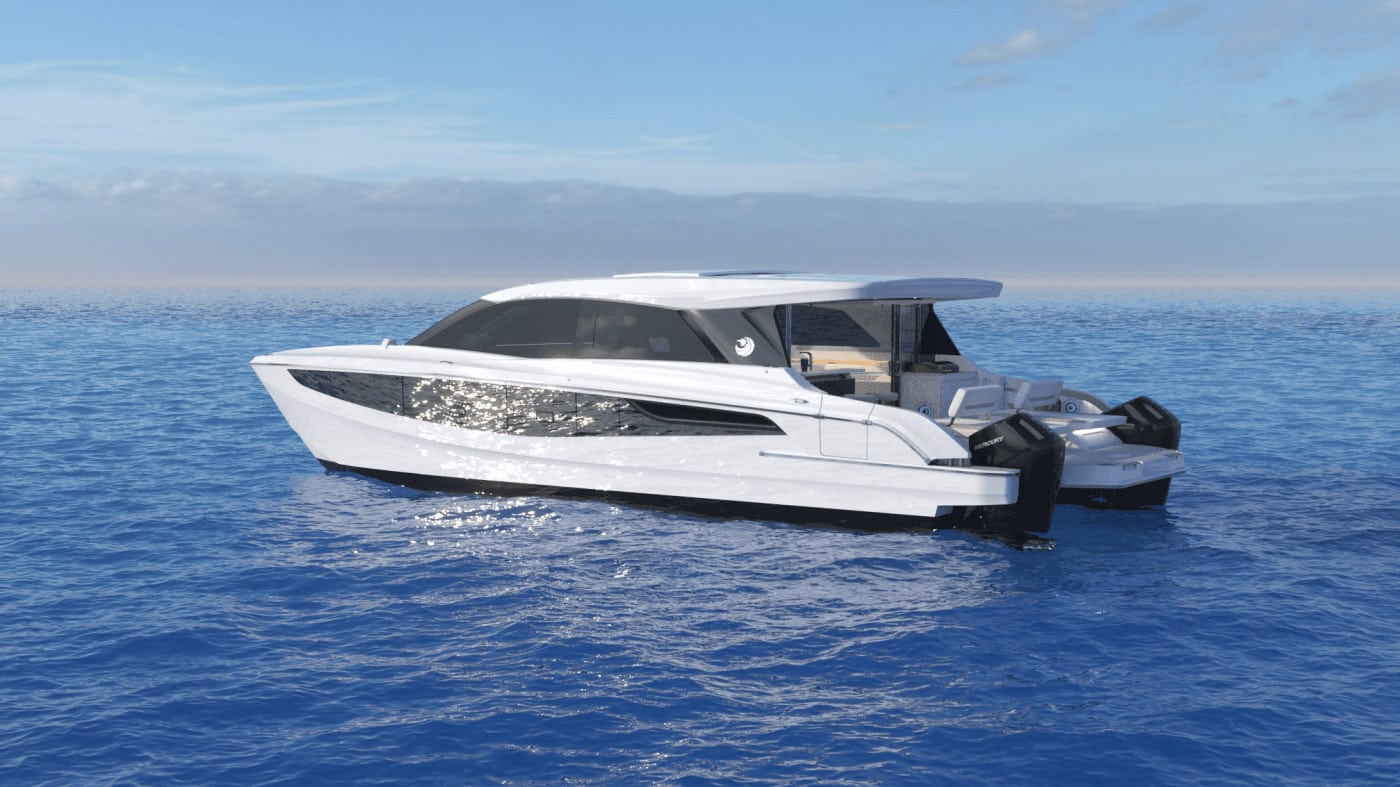

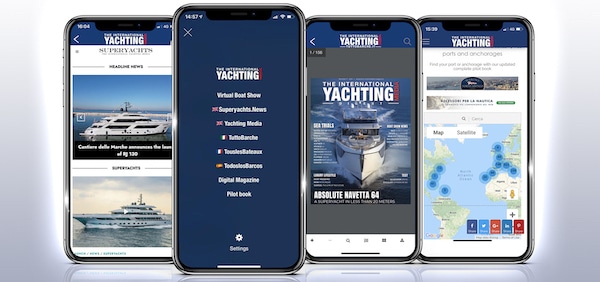
One Response
Very helpful. Thank you